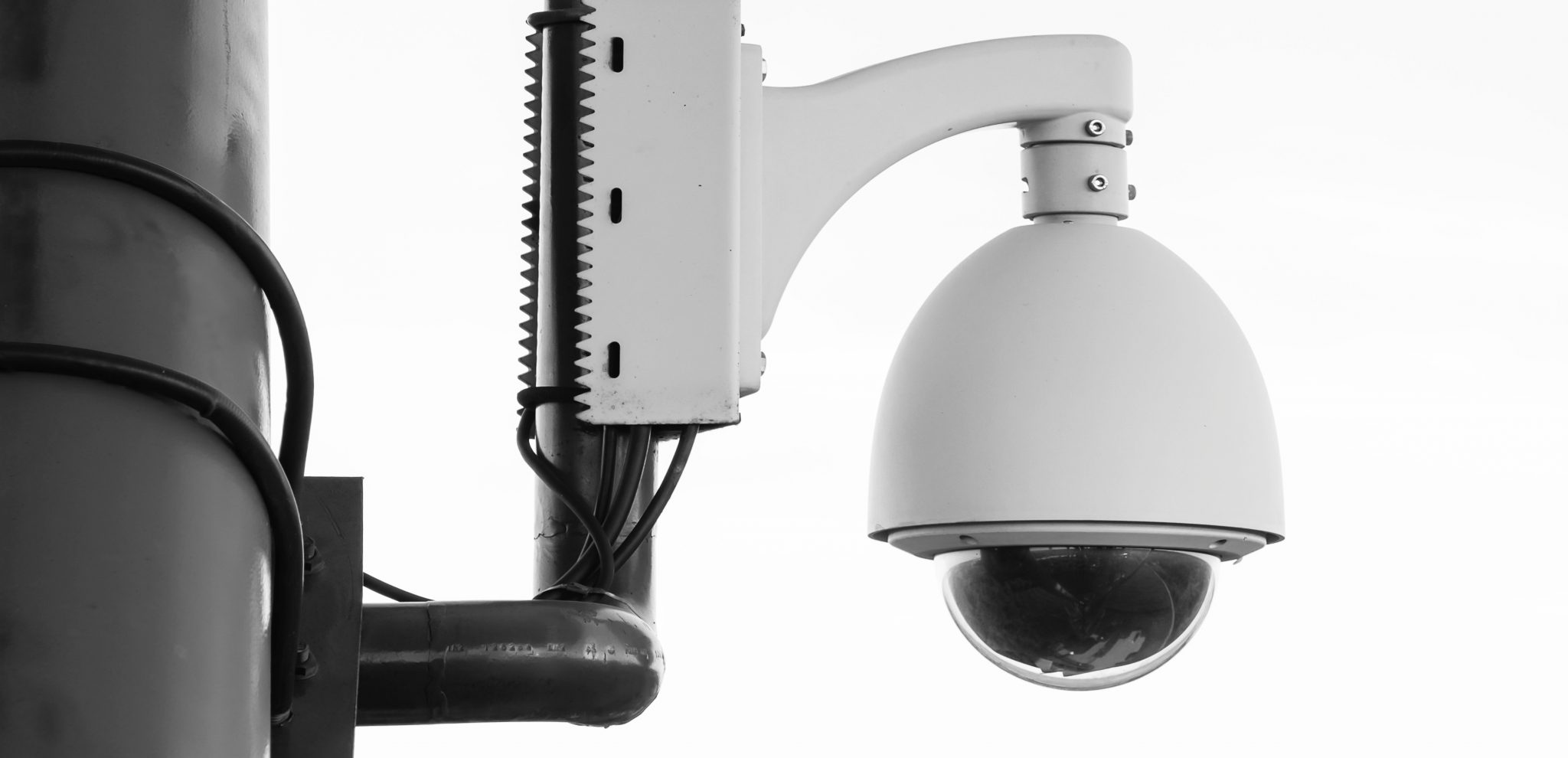School Suspensions, State Surveillance: Detroit News You Missed this Past Month
Tensions emerged during School Board and Police Commissioners meetings over how best to tackle discipline in school and on the streets, with the latter prompting civil rights concerns.

Detroit Public Schools are revised the district’s Student Code of Conduct even though some teachers say past actions haven’t improved classrooms, while the Board of Police Commissioners are under pressure to make a decision on controversial facial-recognition technology that even Mayor Mike Duggan has come out against.
Click on the player above to hear WDET’s Eleanore Catolico talking about Detroit Public Schools and Police Commissioners’ proposals.
While you may have been busy preparing for MoPop, broiling in the Michigan heat, or following the national political drama happening at the Fox Theatre, city officials were conducting official business that often never cracks the city’s consciousness outside of the halls of power.

Detroit Documenters is a program by 101.9 WDET, CitizenDetroit and Chicago’s City Bureau to pay local residents to attend city meetings and take notes on happenings that often go uncovered. These notes are publicly available on documenters.org, where you can also find upcoming public meetings in the city.
Here, WDET Civic Reporter Eleanore Catolico breaks down what you need to know. Scroll down for links to notes from the meetings.
Detroit Public Schools clarifies suspension procedure, criticism remains
What happened: The Board of Education revised the district’s Student Code of Conduct during their special meeting on July 15th, which provide clearer guidelines on how to discipline students under the 16-point demerit system that began last year. Language amended in the code included marking bullying as a C-level infraction to emphasize the severity of the negative behavior and empowering staff with more flexibility to remove disruptive students in the classroom. This includes staggering placement of students in an in school suspension. The changes to the code were approved during the regular board meeting on July 16th.
Why this matters: Suspensions dropped by 27 percent during the last academic year from April 2018 to April 2019, and there were 63 percent fewer suspensions with time away from school, according to district data. There were 16,000 suspensions the previous year. Even though suspensions decreased overall, the revisions to the code aim to create better uniform implementation of discipline across schools this year.
During a special convening meeting earlier this month, board members raised concerns regarding suspended students, the bully and the victim, being placed in the same classroom during in-school suspension. Teachers have also raised concerns during public meetings that classroom conditions haven’t meaningfully improved with the new demerit system.
What’s next: The next board meeting will be on Tuesday, August 20th at 5:30 pm at Western International High School.
Click here for Documenters’ notes from the meeting.
City officials, civil rights advocates at odds with Police Chief over facial recognition software
What happened: Mayor Mike Duggan and newly named Board of Police Commissioners Chair Lisa Carter both released statements opposing the Detroit Police Department’s use of facial recognition technology, although Duggan later clarified that he is against the use of the software as a method of surveillance, but supports its use in identifying potential criminals during an investigation. Carter is opposed to the use of the software entirely as its potential misuse can target communities of color.
They’re at odds with Police Chief James Craig, who fully backs software and the department’s real-time crime centers, which were approved for $4 million to expand its facilities by the City Council In the past month. Heated debates erupted during the Board of Police Commissioner meetings over the use of facial recognition technology, which resulted in an arrest of Police Board Commissioner Willie Burton (charges were later dropped). A bill was proposed earlier this month to put a five year moratorium on the use of facial recognition technology in the state.
Why this matters: Use of facial recognition technology has raised great alarm among legal experts, civil rights advocates for the tool’s potential to target communities of color. A Georgetown study has shown the technology to be inaccurate, producing mismatches for black residents at a higher rate than white residents.
“The expansion of facial recognition in Detroit supercharges the capability of live Green Light video feeds, creating terrifying real-time surveillance capabilities,” said Eric Williams, senior staff attorney for the Detroit Justice Center’s Economic Equity Practice in a letter to the police department. “This tool is dangerous mass profiling that has no place in Detroit.”
What’s next: The police have revised the policy over use of facial recognition technology but no further action happened at the most recent Commissioner’s meeting.
Notes from the July Board of Police Commissioners meeting can be found here.
